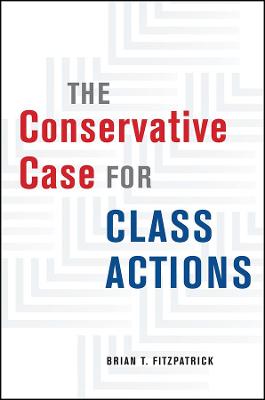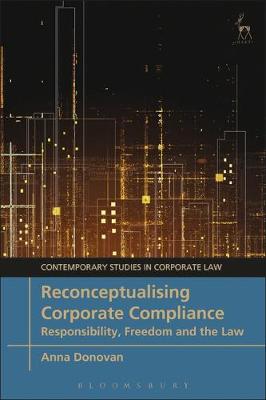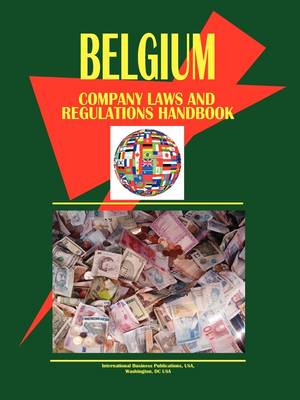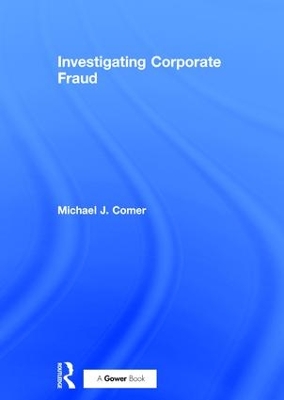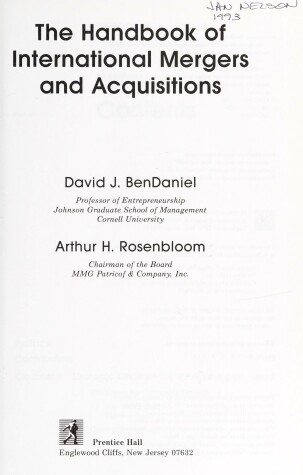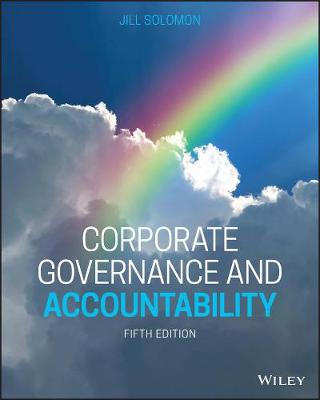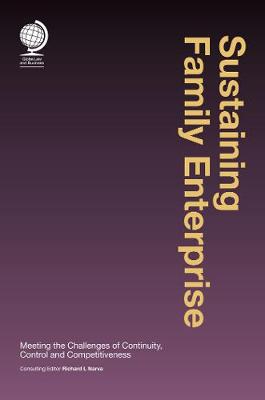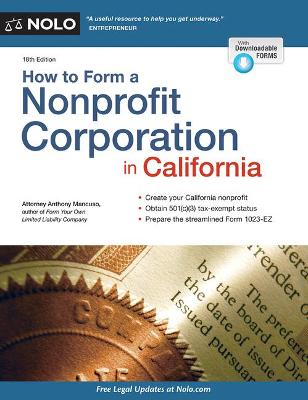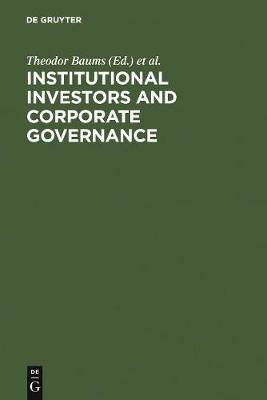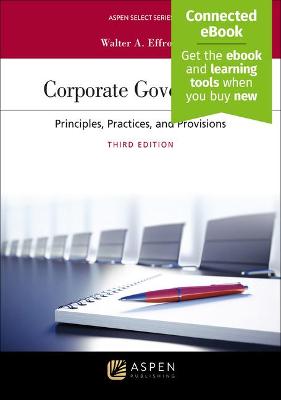International Law and Business (Routledge-Noordhoff International Editions)
by Bart Wernaart
This book introduces law in the context of international business. The basics of law are explored using a clear comparative methodology. International and regional economic institutions are discussed, next to the fundaments of private law. These include contract law, liability law, labour law, company law, privacy law, intellectual property law and international private law. The book goes beyond the usual focus on Western legal systems and uses examples from all over the world to provide student...
Casenote Legal Briefs
by Solomon, Curator Harvey Schwartz, Bauman, and Weiss, Ann
Since the 1960s, the class action lawsuit has been a powerful tool for holding businesses accountable. Yet years of attacks by corporate America and unfavorable rulings by the Supreme Court have left its future uncertain. In this book, Brian T. Fitzpatrick makes the case for the importance of class action litigation from a surprising political perspective: an unabashedly conservative point of view. Conservatives have opposed class actions in recent years, but Fitzpatrick argues tha...
Reconceptualising Corporate Compliance (Contemporary Studies in Corporate Law)
by Anna Donovan
This book offers a comprehensive examination of the issues surrounding corporate compliance. Should corporations comply with the spirit or the letter of the law? What role does compliance play in a capitalist market economy? Why is it that otherwise law-abiding citizens are willing to implement corporate compliance strategies that are seemingly at odds with their personal values? Dr Donovan responds to these questions and more, providing a persuasive argument for the legitimate role of spi...
Markets and Compensation for Executives in Europe (International Business & Management, #24)
by Clas G. Wihlborg and Pervez N. Ghauri
The increasing amounts of money paid out in compensation to corporate executives have become the subject of a heated public policy debate on both sides of the Atlantic during the last decade. The magnitude of these sums, as well as the timing of payments relative to evidence of corporate success or - more notably, failure - has surprised and, in many cases, angered employees, shareholders and politicians, and drawn considerable attention in the media. Are executives in many firms exploiting thei...
Emanuel Crunchtime for Corporations and Other Business Entities (Emanuel Crunchtime)
by Steven L Emanuel
Multistate Corporate Tax Guide (Multistate Corporate Tax Guide)
by John C Healy and Michael S Schadewald
Corporate White-Collar Crime Scandals - Detection, Investigation, Reconstruction
by Petter Gottschalk
By examining white-collar crime scandals using the theory of convenience, Petter Gottschalk offers ways to improve the detection of crime signals and investigative skills in fraud examinations, as well as improve change management measures. Chapters take the reader chronologically through different key aspects of corporate white-collar crime, moving from the importance and impact of detection through whistleblowing, into how this evolves into an investigation and the role of fraud investigator...
The authors, each seasoned in cross-border business transactions, examine in practical terms what really matters to inbound investment in their countries, including corporate forms, securities and financing issues, agency and distribution arrangements, taxes, labor and employment issues, intellectual property, environmental liabilities, trade and investment dispute resolution, and cultural and economic issues. Written in polished English and cognizant of the important nuances of Latin American c...
In 1998 Gower published the highly successful third edition of Corporate Fraud by Michael Comer. Sadly, the need for such books has not disappeared - if anything it has increased - with cases such as Enron, WorldCom and the Allied Irish Bank and so this volume concentrates on the practicalities of investigating and recovering from fraud. Fraud can be prevented by secure processes and by ensuring that people allowed access to them are honest. This is easier said than done; failures will occur...
Corporate Governance and Accountability presents students with a complete and current survey of the latest developments involving how a company is directed and controlled. Providing a broad research-based perspective, this comprehensive textbook examines global corporate governance systems, the role and responsibilities of the directorate, and the frameworks designed to ensure effective corporate accountability for stakeholders. A holistic approach to the subject enables students to develop a we...
Procedural Problems in the Law of Parent and Subsidiary Corporations
by Phillip I. Blumberg
Sustaining Family Enterprise
Most people have a straightforward vision of the perfect family business. First, they hope for continued strengthening of the company's financial and market position so it can support the lifestyle and needs of family members, from generation to generation. Secondly, they wish for family harmony. But life gets in the way. Sometimes family members' short-term or individual needs can overwhelm the needs of the business. In other cases, family members strongly disagree on the strategic direction,...
How to Form a Nonprofit Corporation in California (How to Form a Nonprofit Corporation in California)
by Anthony Mancuso
This important book attempts to establish a fresh conceptual framework for the study of corporate governance by employing the new institutional economics of contract enforcement. This framework helps to clarify two critical issues including the role of law in financial development and whether there is an optimal corporate governance model that should be followed by countries attempting to develop their own stock markets.Applying this novel framework, the author conducts a comprehensive study on...
Family Offices
Institutional Investors and Corporate Governance
The volume contains 23 articles by international experts, both scholars and practioners dealing with the development of institutional investors (such as banks, insurances, investment companies, pension funds etc.), their investment and voting policies, the impact on managements of the companies concerned and related issues. The consequences of the international development on capital markets as well as policy implications for the respective national legislations are treated.


